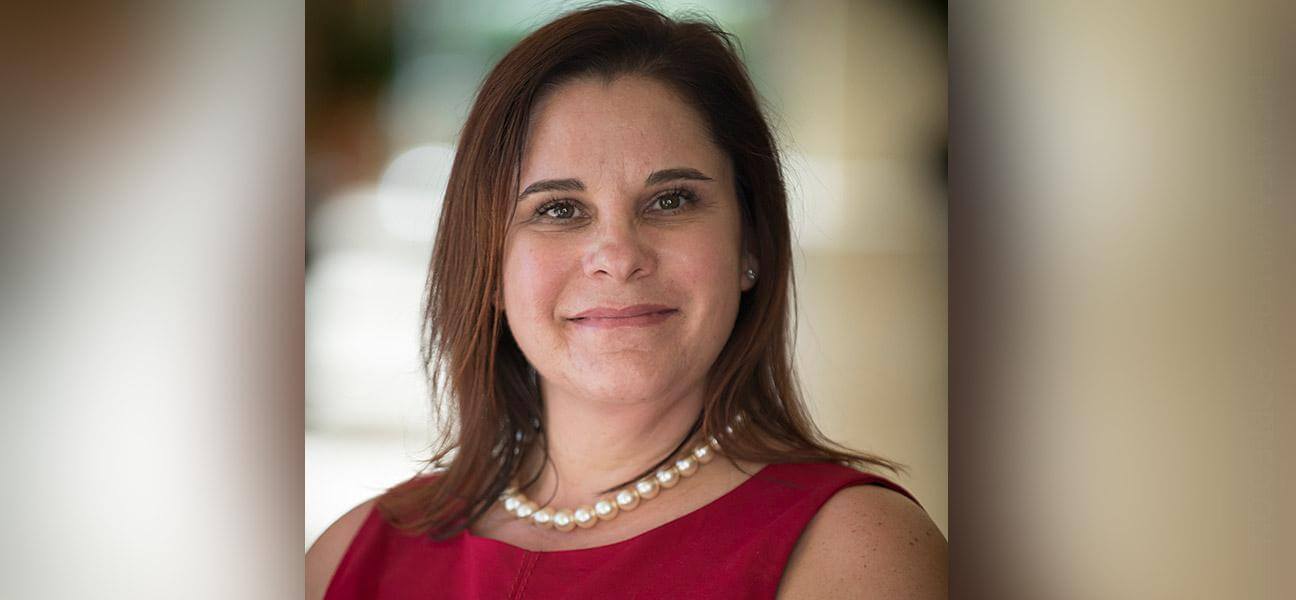by Kristi White
It seems the new normal in hotels is smaller sales teams and the battle cry from these teams is “We are too busy to sell.” RFPs are rolling in again and all they can hope to do is to keep up with them—one at a time. Owners loathe to add more staff because they are anxious to win back profits lost during the pandemic. Everyone hopes we will be back to normal soon.
But as the age-old saying goes, “Hope is not a business plan.” The reality is that normal, for the industry, is still in the distant future. However, it doesn’t mean normal has to be far off for individual hotels.
Normal (2019 revenue levels), and even organic growth, are being attained by hotels across the country. So, what are those hotels doing? They are investing and leaning in. Those smart hoteliers understand they must invest ahead of the return to get to the return faster.
What is the investment? The investment is in sales. They recognize sales might need to be a loss leader for a while to get to profitability sooner. These hoteliers are bringing back staff, investing in tools and changing their processes to make sure their hotels are ahead of the curve in recovery.
Where does this start? Oddly, it starts in reverse order. Staffing is key. However, hiring staff, just to say you did so, is almost as bad as having too little staff to start with. The process starts at the end.
Changing processes
Before the world went sideways, how were your teams deployed? Did it really matter? Probably not, because most hotels had plenty of business and we all looked good. The fact is, as an industry, we don’t really examine how we got there so long as we are making money.
Now we aren’t making money, so it is necessary to understand how we got there. And more importantly, how do we get back? Here are a few questions to ask your leaders:
- What did the sales team do before? This should include how they were deployed (geographically, market segment, account-based, etc.), what their activities were and how much they were producing.
- How did they spend their time? This will come from your CRM. Looking at activities and understanding how effectively they were using the tool. Can you use what they put in to build a pipeline?
- Who were your key accounts and what was your share of their spend (both group and transient)? Business Intelligence tools (BI Tools) will be vital here. Look at your top 50 accounts and understand what your capture was of the overall spend.
- Was your hotel as important to key accounts as they were to you? The question above will help you answer this one. If your capture is less than 50% of an account’s estimated spend, you are less important to them and need to understand how you can improve your position.
- Was your sales team productive or simply busy? Understanding close rates at the salesperson level are vital. If activity outweighs production, chances are they were busy, but not very effective.
- What was the process for RFPs and who handled them? If the answer was ASAP and everyone, you will need to reevaluate this process.
- Did you have hunters or order-takers? Understand the source of business for every piece of business won.
- Did the salesperson find it or fill out some paperwork and get lucky? Don’t discount the “get lucky” pieces of business. Analyze those accounts downstream to see if the salesperson went on to develop a relationship that paid off in the long run.
Now you can begin to lay out how your team needs to be organized. Further, you can build out plans for how accounts should be managed, how to convert a random RFP into a loyal customer and how to shift your position with clients from low usage to high usage.
The good news is you likely only need to do this at two to three hotels. Then that hard work can be deployed at all of your hotels with great effect.
The right tools
BI tools are vital for sales. However, too often, ownership or management buy the tools for the hotel and then never look at it again. There is the assumption the people at the hotel know how to use it or know how to use it effectively and in the worst case, those people aren’t using it all.
There needs to be a plan for each tool you purchase on how it should be used. This needs to be relatively granular as well. Consider these different scenarios when evaluating those tools:
- Finding new business—Unless your hotel is running 100% seven days a week, there is always an opportunity to find more business. Your BI tools can help your teams identify new accounts, understand the value of those accounts, and even build a sales plan to approach the account.
- Filling need periods—Even before the pandemic, need periods existed (whether specific to the market or just your hotel). There is still business that exists within those periods. Using your tools to help you identify what is out there and develop strategies to capture that business is vital.
- Finding better business—There will come a time when your team wants to find business willing to pay a bit more or with more overall value. Again, BI tools can help identify those accounts and help your sales teams craft personalized approaches to build relationships and begin to capture wallet share from those accounts.
- Understanding how an account is shifting—Looking only within your internal tools will likely show you how the account has changed at your hotel. It doesn’t answer the question about how the account has changed in totality.
- Monitoring the market—Rising tides should lift all ships, but too often this doesn’t happen. Understanding the macro trends can help you be more nimble and adjust before you have a bigger problem.
Looking at your tools through this lens can help you build processes at a corporate or leadership level to serve your property or cluster level teams well. And remember, it’s not just about having the processes, or knowing which buttons to click. You will also have to train the team to know when to use them.
Bringing staff back
We made it to the final investment. It was listed first, but it’s really the last step. You need to know what you want your staff to do and how they should do it to understand who should be doing it. It’s harder than ever to find staff and keeping them seems harder still.
It’s vital you find the right staff the first time. If you know you need a team of three hunters and two farmers, those are decidedly different skill sets. The likelihood of finding a single person who can do (and more importantly wants to do) both is akin to finding a unicorn standing over a four-leaf clover next to a leprechaun beside his pot of gold.
Under normal circumstances, a strong recruiting team would be key to this step. However, most hotels don’t have a recruiting department. That doesn’t mean some of the key recruiting tools can’t be used, for instance:
- Personality profile tools—These are a dime a dozen and relatively inexpensive. They can help you determine if a candidate has the personality style to fill the role. The key to these is to have the right baseline profile for comparison. Look within your broader organization and find individuals who are successful in the types of roles you are looking to fill and have them complete the assessment. This information will help guide the baseline profile.
- Evaluate internal staff—Is there someone on staff who is looking for more responsibility and could be trained for the role at hand? Good hires don’t have to come from an external source. Looking inward provides excellent career pathing and can accelerate training.
- Look at other verticals—Someone working at a space-only venue, a country club or a restaurant with private space might be looking for a challenge. Don’t limit yourself to hotel-only people. Good sales skills are universal.
- Commit to training—Have a committed, documented process to onboard new hires (and retrain existing staff). Too often, people are hired, given their passwords, assigned accounts and left to wander. Then we wonder why they aren’t productive.
- Measure everything—Conducting 30-60-90-day check-ins can help you confirm the team has adopted the new processes, is using the tools effectively and has committed to the plan will help everyone stay aligned.
- Sales teams are telling ownership/management they are busy, and ownership/management is looking at profits and replying, “not busy enough.” Two things can be true. The sales teams are busy responding to what is happening now and not paying attention to six months from now, but profits aren’t where owners want them to be. However, if everyone is focused on today and no one is focused on the future, sales teams will continue to be busy and profits will continue to be low.
It’s a frightening thought. Spending ahead of demand. But the people who harness existing demand and find more (your sales teams) must be in place before it fully returns to ensure your hotels capture it and maintain it going forward. It’s more competitive than ever out there. Only the hotels with the right teams, properly deployed, will emerge victorious sooner rather than later.
Kristi White is chief product officer, Knowland. With two decades of experience in the hotel and revenue management side of the industry, she has advised hundreds of hotels worldwide on improving their business strategy, hotel performance and overall profitability.
This is a contributed piece to Hotel Business, authored by an industry professional. The thoughts expressed are the perspective of the bylined individual.

